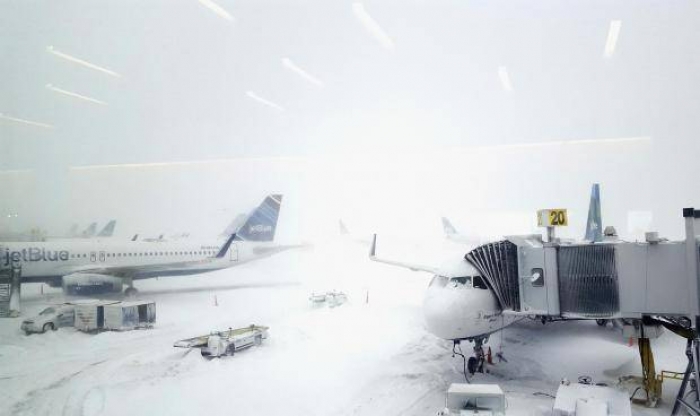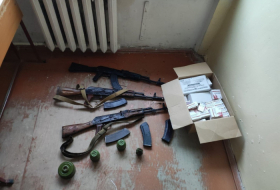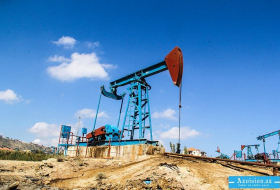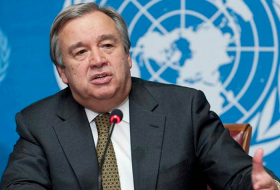But the cyclone isn't actually a bomb, obviously, and it doesn't have any of the explosiveness or immediacy that you'd expect from such a word.
Meteorologists have used the term "bomb" for storms for decades, based on a strict definition, said University of Oklahoma meteorology professor Jason Furtado.
After it showed up in a Washington Post story on Tuesday, the weather geek term took on a life of its own on social media. The same thing happened four years ago with "polar vortex," another long-used weather term that was little known to the public until then.
"Bombogenesis is the technical term. Bomb cyclone is a shortened version of it, better for social media," said Weather.US meteorologist Ryan Maue, who helped popularize polar vortex in 2014.
"The actual impacts aren't going to be a bomb at all," Maue said. "There's nothing exploding or detonating."
Storm intensity is measured by central pressure — the lower the pressure, the stronger. A storm is considered a "bomb" when the pressure drops rapidly — at least 24 millibars in 24 hours.
This storm has dumped freak snow on the Southeast, and all the way up the coast to Maine, and delivered near hurricane-force blistering winds. It will also usher in possible record-breaking cold.
Bomb cyclones draw air from polar regions after they leave. In this case, it means extra cold Arctic air because of where the polar vortex is, Furtado said.
Worldwide, about 40 to 50 "bomb cyclones" brew each year, but most are over open ocean and nobody but weather geeks notice, Maue said.
"We use the term bomb," Furtado said. "We know what it means, but I do think it gets a little hyped up."
Read the original article on the Independent.
More about: #weather
















































